Let’s face it – preparing for the GSSE can feel like climbing Mount Everest. So you’ve picked a date, but having found countless resources out there, it’s easy to get overwhelmed. But don’t worry! We’ve been there, and after speaking to many others about how they did it and helping hundreds of doctors prepare for their GSSE through the GetThru Platform, we’ve got some tried-and-true insights to share about what works.
1. Foundational Textbooks: Everything is Built On This
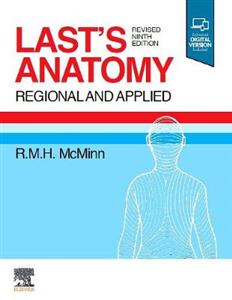
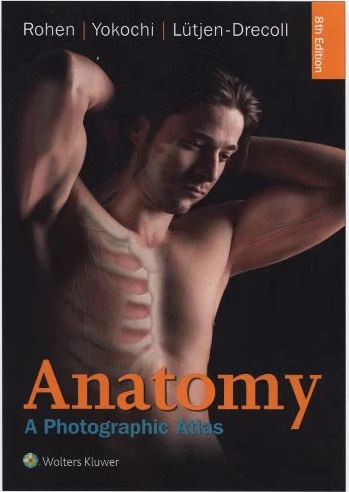
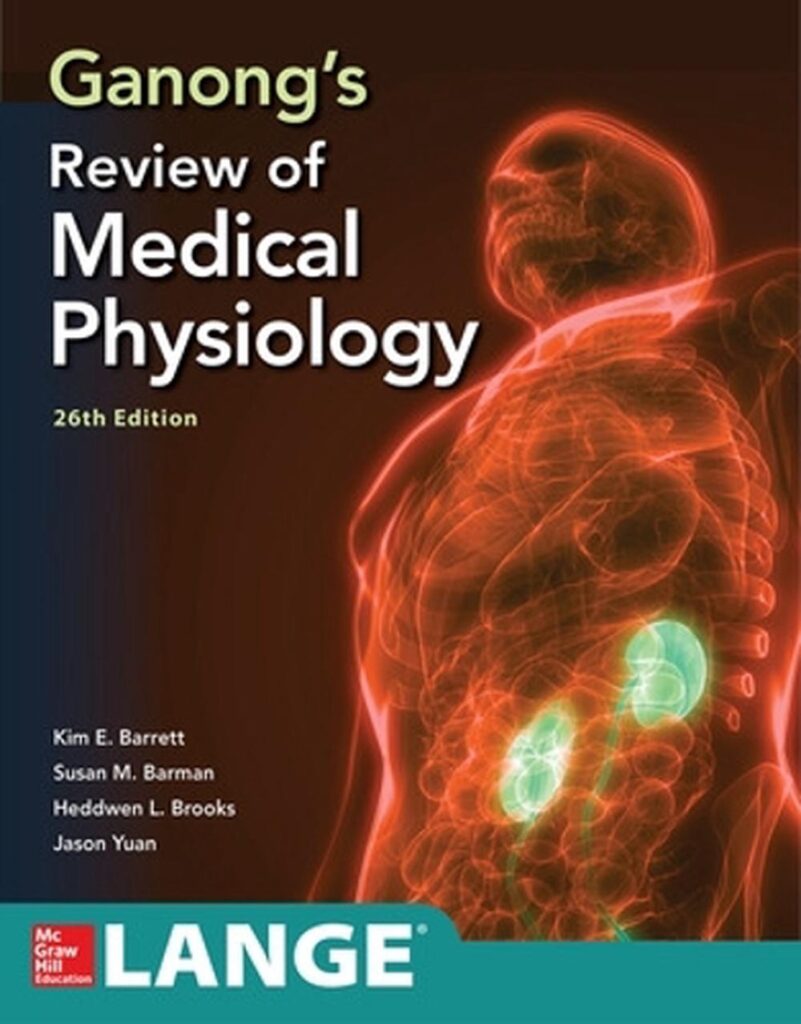
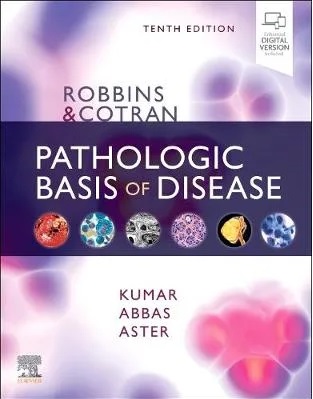
These are your go-to for in-depth understanding of the core subjects.
- Last’s Anatomy (9th Edition): Known for its dense text and poor organization, making it one of the toughest textbooks to study. With its word-for-word exam format, you’ll face detailed questions on specific anatomical features, like the exact length of the inguinal canal or the mucous glands in the gallbladder. The key chapters are essential (but you can skip the CNS section focusing instead on cranial nerves, arterial supply, and venous sinuses.)
- To make sense of Last’s, pair it with a visual guide like Netter’s Atlas, which, though not part of the official syllabus, is invaluable.
- If you find Lasts’ format and lack of useful images challenging, there’s a helpful Gompanion Guide (written by Dr Mirajalili and A/P Fogg) which is a streamlined resource aligned to Lasts’ 9th edition, is easy to follow with colour images and an included eBook.
- Rohen’s Color Atlas of Anatomy: A standout resource for the spotter questions. The high-quality cadaveric images ahelp you visualize anatomical structures exactly as they appear in real dissections. By spending time with this atlas, you can build familiarity with the dissections and better recognize key structures during exams. Don’t overlook this resource—use it early and often in your preparation.
- Ganong’s Review of Medical Physiology: Physiology can feel dense, but this book breaks it down well. Supplement with West’s Respiratory Physiology for trickier concepts. Guyton’s can be ignored.
- Robbins and Cotran Pathologic Basis of Disease: The cornerstone of pathology for GSSE prep, but mastering it requires a strategic approach.
- Focus on the first nine chapters, which cover critical topics like immunology, genetics, and tumor pathophysiology, and ensure you understand atherosclerosis and the genetic profiles, natural history, treatment, and key histological features of all tumors (e.g., Reed-Sternberg cells for Hodgkin’s lymphoma).
- Skip clinical staging and epidemiology—it’s not exam-relevant.
- For the myriad of random diseases, rely on question banks and past exams to identify high-yield topics.
2. Question Banks: The Secret Weapon
Practice makes perfect, and when it comes to the GSSE, question banks are a game-changer. Use the past question banks and know every single bank question. Use Lasts and the other texts to understand why each answer is correct or incorrect.
Online question banks like GetThru not only test your knowledge but also guide your revision by highlighting weak areas. Combined with past and new questions, an excellent UI, anatomy spots, the ability to track your progress, explanations for every question and spaced repitition techology, it’s loaded with features to maximise your efficiency. You can get started for free to access all past questions – which means you can throw away the old excel document.
Check out a demo below.
Other established options include Ace the Exam (which has a free trial) and Primary Anatomy (which focuses mostly on anatomy and illustrations). Remember, it’s not just about answering questions—it’s about understanding the concepts behind them.
Julie Mundy, cardiothoracic surgeon in Queensland, has been running practice questions, mock exams and feedback for years. An incredible duty of service and great resource to utilise. Email her to sign up.
3. Additional Online non-GSSE Resources: Free Gold
You also have a wealth of free non-GSSE specific tools at your fingertips.
- Instant Anatomy: A lifesaver for memorizing lists like branching arteries.
- YouTube Channels: Armando Hasudungan ‘s YouTube channel? Pure gold. His illustrations break down complex concepts in a way that just sticks in your mind. It’s like having a really talented friend explain things over coffee. And Osmosis is perfect for those times when you need a quick and broad refresher on a topic.
- Cautionary Note: Some resources, like Leon Lai’s notes, can be helpful but may contain errors and don’t necessarily explain the underlying concepts. Use them sparingly and in conjunction with other resources.
These tools are great for studying on the go or when you need a break from heavy textbooks.
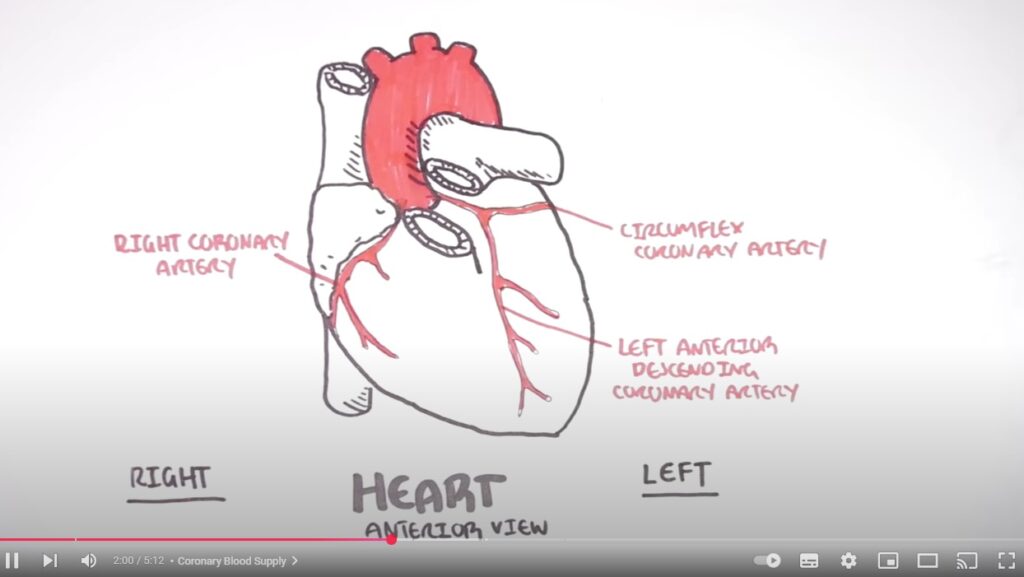
4. Prep Courses: Worth the Investment?
Let’s talk about the elephant in the room – GSSE prep courses. Are they worth the investment? If you thrive in a structured environment, absolutely. At the very least it is a defined period of time where you have no choice but to focus on your GSSE preparation.
- Dunedin Basic Surgical Sciences Course: Has an impressive track record. It provides focused preparation with lectures, tutorials, and practical anatomy sessions over three weeks. It includes three online practice exams to simulate the real exam experience, complete with explanations for better recall and further study. The course also includes post-course MCQs for a thorough evaluation.
- Upcoming course dates for 2025:
- 2-23 May
- 22 August-12 September.
- Cost: $5,500 NZD
- Upcoming course dates for 2025:
- Science for Surgeons Course: Dr. Ali Mirjalili, an Associate Professor at the University of Auckland leads weekly 1-hour evening Zoom lectures Starting in January. The course is taught by the Auckland Clinical Anatomy Team and leading surgical specialists. In addition to the online sessions, there is a one-week residential course from September at the University of Auckland for in-depth, hands-on learning.
- Upcoming course dates for 2025:
- 20 January – 5 September 2025
- Cost: $5,000 NZD
- Upcoming course dates for 2025:
- St Vincents (Melbourne) Pre-SET Surgical Society Course: An intensive three-day education program (run over 3 weekends) to help prepare for the Generic Surgical Sciences Exam (GSSE). A day each is focused on key subjects and is designed to provide high-yield content for efficient study. Expert lectures from senior staff at St Vincent’s Hospital will guide participants through the most challenging topics.
5. Diplomas in Anatomy: A Commitment Beyond the GSSE

Let’s talk about formal GSSE courses – they’re a significant investment of both time and money, with a heavy focus on anatomy. While they can provide structured learning time and look great on your CV for future applications, they’re definitely not essential for exam success. Many candidates pass without them.
Think of these courses as optional extras rather than must-haves. If you’re particularly passionate about anatomy or need dedicated study time away from clinical duties, they might be worth considering. But if you’re comfortable with self-directed learning and managing your study schedule well, you can absolutely succeed without them.
- The University of Melbourne has set up a Graduate Diploma in Anatomy (GDSA) offer intensive, high-time commitment courses focusing on anatomy and is accredited by the Royal Australasian College of Surgeons
- The University of Otago offers a Postgraduate Diploma in Surgical Anatomy (PGDipSurgAnat), a one-year program for doctors aiming to specialize in surgery or radiology. It includes distance learning and on-campus cadaver dissection. Applications open on 1 September each year, with on-campus teaching in Dunedin in June and November
6. Study Groups: Your Secret Weapon
While much of the didactic learning for the GSSE is necessary to be done solo, the power of study groups is one to not overlook. While it won’t work for everyone, if it does for you – consider making the GSSE a team sport! Accountability to others can be a key external motivator
Small groups of 3-4 people work best. Meet weekly, rotate topics, and discuss MCQs. There’s nothing quite like explaining a complex concept to a peer to highlight the gaps in your own understanding.

Wrapping It Up
Remember, preparing for the GSSE is a marathon, not a sprint. The resources I’ve shared here are your tools, but it’s how you use them that matters. Create a study schedule that works for you, stay consistent, and most importantly – don’t forget to take care of yourself during this journey.
Have you found other resources particularly helpful? Drop a comment below – we’re all in this together, and sharing knowledge is what makes our surgical community strong.
Looking for more GSSE prep tips? Check out our other articles on creating study schedules and mastering exam techniques. And don’t forget to explore our comprehensive question bank – your perfect companion for exam preparation.
GetThru is the GSSE Survivalist's best companion
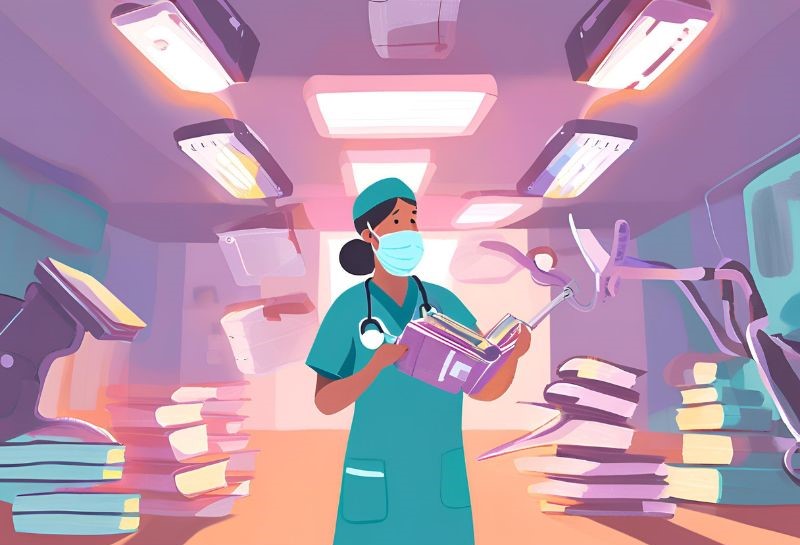
Leave a Reply